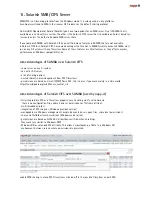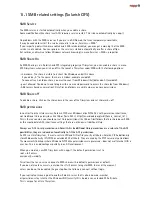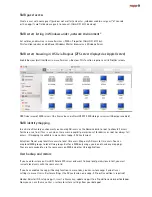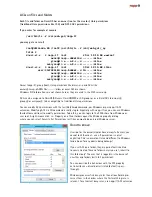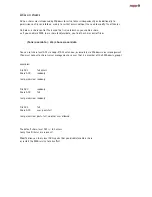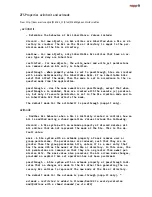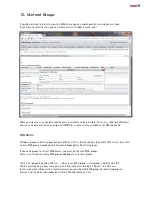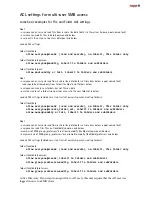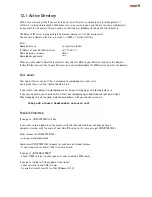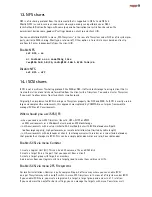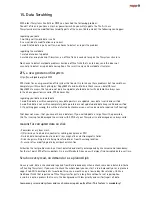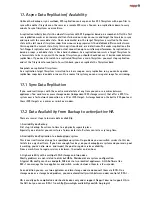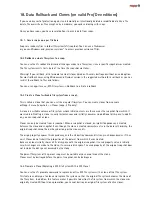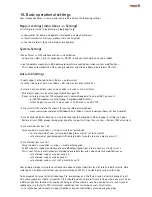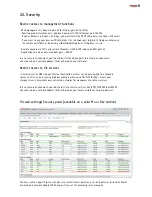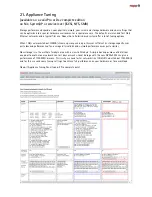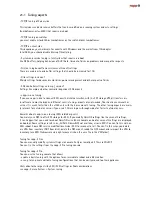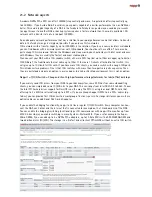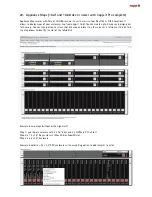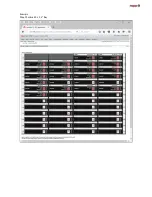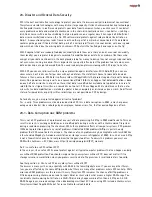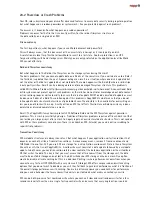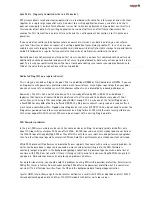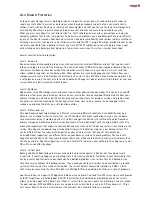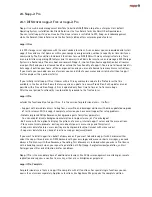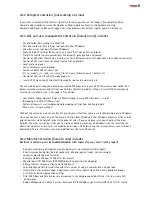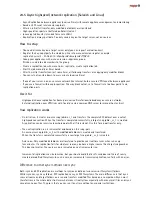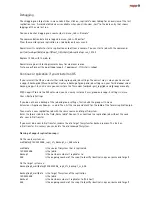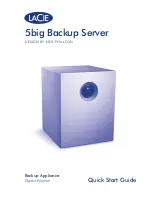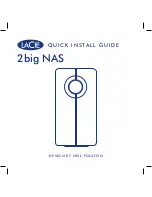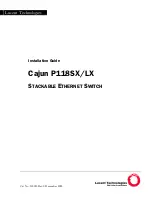
19. Basic operational settings
Your storage appliance is now up and running. Care about the following settings
Napp-it settings (menu About >> Settings)
all settings are stored in /var/web-gui/_log/napp-it.cfg
- set passwords for admin and operator (encrypted one way hashvalues)
- set email (mailserver, mailuser, mailpw, store unencrypted)
- set push data (alerts to your desktop or smartphone)
System-Settings
- Menu Sytem >> HW and Localization >> Localization
ex America > New_York, set Language en_US.UTF-8 and your keyboard, you need a reboot
- create bootable snapshots (=BE, bootenvoronments) manually prior serious system modifications
This is done automatically on OS or napp-it updates and allows a bootup on a former OS state.
Auto-Job Settings
- Enable napp-it auto-job to 5min (Jobs >> autos ervice)
- set other job to sync time via ntpdate > AD server or any other ntpserver
- Set email-alert and status jobs in menu Jobs >> Email >> alert or status
Per default napp-it sends email unencrypted over port 25
If your smtp server requires TLS encrypted mail example Googlemail over port 587, you must
- install TLS modules, see http://napp-it.org/downloads/tls.html
- switch napp-it to use TLS in menu Jobs >> TLS Email >> enable TLS
- Set push-alert (Pushalot or Pushover) for your desktop or smartphone
- more see www.pushalot.com (Windows8 and -Phone, free) and www.pushover.net (ios, Android)
- Set a backup job (Jobs >backup >> create backup job) tp backup basic OS and napp-it settings to a pool
Restore all user, SMB groups, idmappings and other napp-it settings then via User > Restore (ACL extension)
- Set autoscrub jobs (see 15.)
for your pools in menu Jobs >> scrub >> create autoscrub job
- ex set autoscrub of your system pool (rpool) to every first sat (of a month)
- set autoscrub of your datapools (with desktop disks I would use once a monty as well)
- Set autosnap jobs (see 16.)
for your pools in menu Jobs >> snap >> create autosnap job
As ZFS snaps are readonly and cannot be modified/destroyed from a share, they are virus/user save
This is your first and most important method to avoid dataloss and undo unwanted modifications ex:
- set autosnap: snap every hour, keep 24
- set autosnap: snap every day, keep 31
- set autosnap: snap every 1st of a month, keep 12
Your primary storage ist where you should care about a highest possible level of raid and data security. Data
restoring can be done mostly from your primary storage as ZFS is a versioning filesystem with snaps.
To be prepared for a real disaster (sabotage, fire, overvoltage or a thief), you need a disaster backup at least
with some snapshots. If data is important, this should be done to two different systems where one must be on
a different physical location like another building or offline within a save. You can do this via sync (rsync or
robocopy) or via the faster ZFS incremental replication that can be done every few minutes.
- set a replication job to another napp-it appliance (require replication extension and grouping)
Summary of Contents for ZFS Storage
Page 8: ...3 1 ZFS Configurations...

